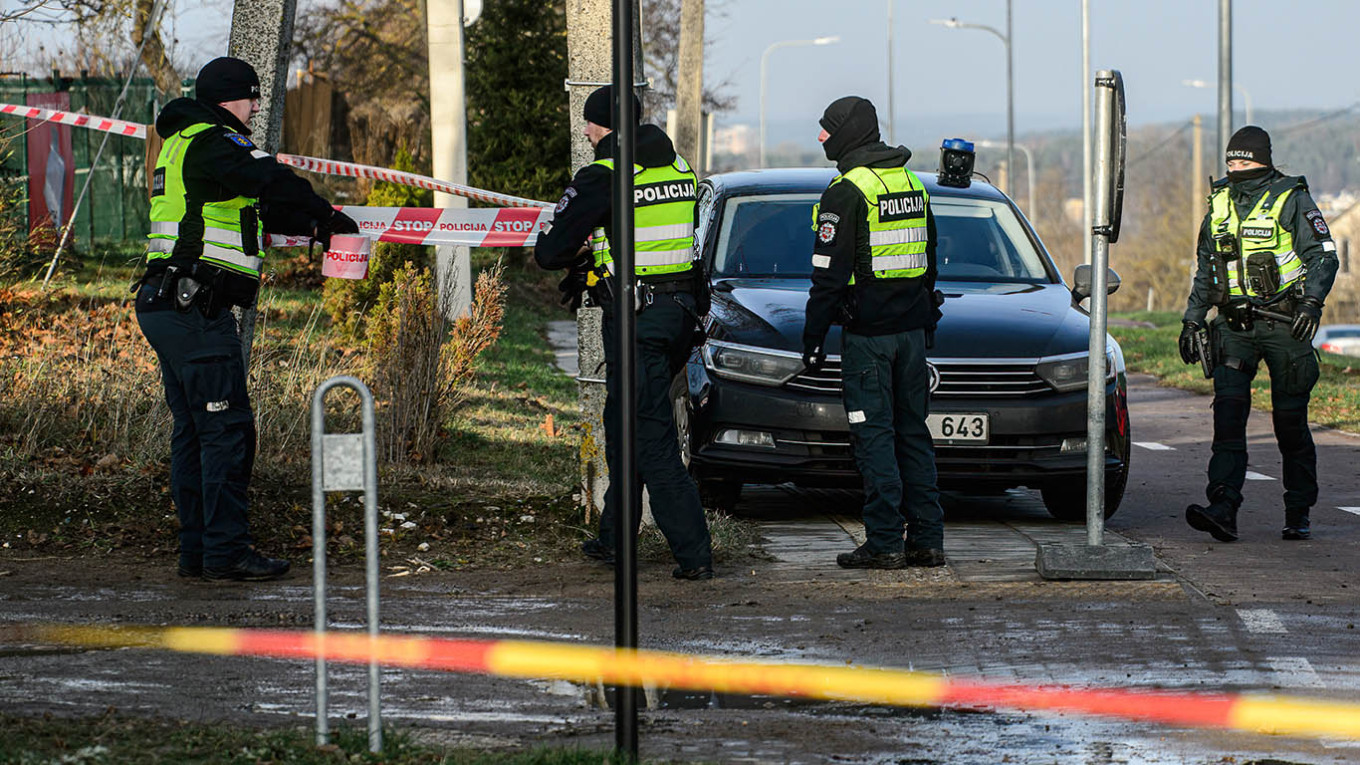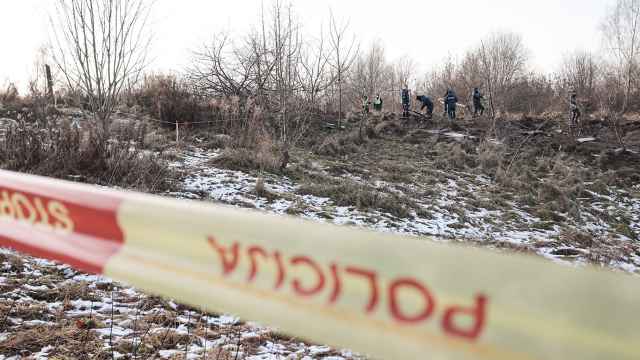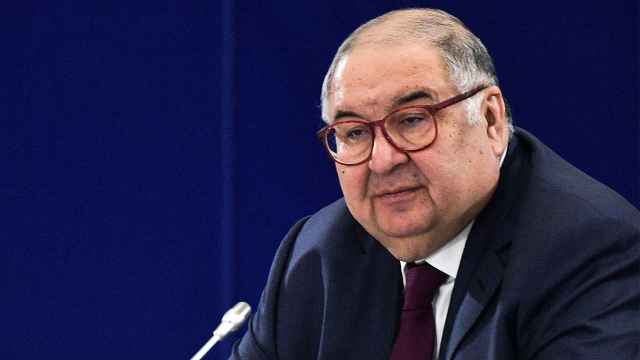This week’s deadly DHL cargo plane crash in Lithuania aligns with a pattern of incidents across Europe earlier this year that were attributed to Russia, Germany’s highest-ranking military officer said Wednesday.
Chief of Defense Carsten Breuer suggested that Russia may have been “exploring vulnerabilities” when the aircraft crashed near Vilnius airport on Monday. The crash, which killed one crew member, saw the plane hit several buildings and skid for several hundred meters.
“We already experienced a similar situation this summer, and now something happened that fits somewhere into this pattern,” Breuer told the ARD public broadcaster.
In July, a series of igniting parcels at logistics depots in Germany and Poland were linked to an alleged Russian sabotage campaign, aimed at triggering explosions on cargo flights.
Lithuanian presidential adviser Kestutis Budrys said earlier this month that those parcel incidents were likely a test run. While British, German and Polish authorities are investigating, the Kremlin has dismissed the claims as “fake.”
However, Lithuanian Defense Minister Laurynas Kasciunas contradicted Breuer’s remarks, stating Wednesday that there were “no signs” of sabotage in the DHL crash.
Kasciunas said visual analysis of the wreckage showed no external impact on the aircraft as it attempted to land. Surviving crew members also denied any disturbances, such as smoke or unusual odors, on board prior to the crash.
The crash remains under investigation, with authorities working to determine the cause.
A Message from The Moscow Times:
Dear readers,
We are facing unprecedented challenges. Russia's Prosecutor General's Office has designated The Moscow Times as an "undesirable" organization, criminalizing our work and putting our staff at risk of prosecution. This follows our earlier unjust labeling as a "foreign agent."
These actions are direct attempts to silence independent journalism in Russia. The authorities claim our work "discredits the decisions of the Russian leadership." We see things differently: we strive to provide accurate, unbiased reporting on Russia.
We, the journalists of The Moscow Times, refuse to be silenced. But to continue our work, we need your help.
Your support, no matter how small, makes a world of difference. If you can, please support us monthly starting from just $2. It's quick to set up, and every contribution makes a significant impact.
By supporting The Moscow Times, you're defending open, independent journalism in the face of repression. Thank you for standing with us.
Remind me later.






